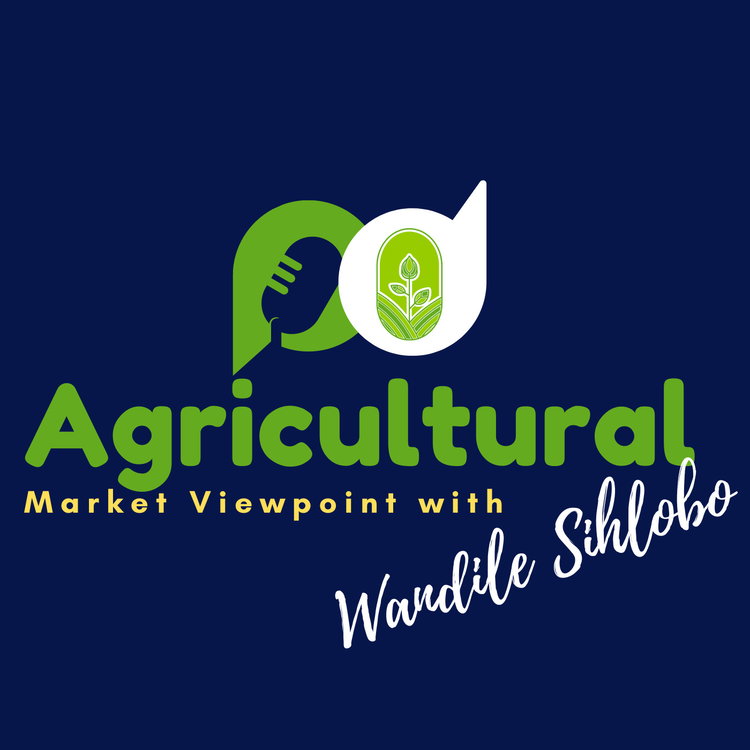
What message should SA agriculture take to Kazan for the BRICS+ summit
Loading player...
South Africa's agricultural growth in the first thirty years of the democratic era has been supported, among other things, by two pivotal interventions. The first was a deliberate and concerted strategy to invest in genetics for crops, horticulture, and livestock. The second intervention was a strong push to expand export markets. As production continues to increase, and there remains capacity for expanding production, these two levers must be accelerated.
The trade issues are not purely economic but political, which means that the South African political leadership must take a clear stand and focus on retaining the existing markets through dialogue with the political leadership of the countries where we continue to experience challenges. The Department of Trade Industry and Competition and the Department of International Relations and Cooperation must be at the forefront of these efforts, supported by scientific insights from the Department of Agriculture.
Also very important in the near term is the upcoming BRICS+ summit in October, which will take place in the city of Kazan in Russia. While this grouping is not a trade bloc, utilizing the structure to push more ambitious trade matters is vital. The agricultural sector is one of the South African economic sectors that would benefit from deeper trade relations with the BRICS+ countries. As things stand, South African agriculture has not benefited much from trade with this grouping. Before adding other members to the 15th Summit in Johannesburg in 2023, the original BRICS countries accounted, on average, for just 8% of South Africa's agricultural exports. For comparison, the UK accounts for roughly 7% of South Africa's agricultural exports.
Yet, between 2019 and 2022, the original BRICS countries' agricultural imports averaged US$255 billion annually, according to Trade Map data. China accounted for 71% of all the agricultural imports into the group, followed by India at 11%, Russia at 11%, Brazil at 4% and South Africa at 3%. Despite these sizeable agricultural import figures, the intra-BRICS agricultural trade remained relatively low. Remarkably, the products these countries imported include soybeans, beef, maize, berries, wheat, palm oil, poultry meat, cotton, barley, dairy products, pork, apricots and peaches, sugar, wool, sunflower seed, nuts, sorghum, goat meat, wine, grapes, bananas, avocados, mangos, guavas, and fruit juices, among other products. South Africa produces some of these products in abundance and has surplus export volumes. Thus, South Africa championed a need to deepen trade in the 2023 BRICS Summit.
This year, the message going to Kazan should focus on building on the spirit of the 2023 Johannesburg Summit, which promoted the dialogue about deeper agricultural trade. This year, the message is even more urgent as the newly added BRICS+ members also present an opportunity for widening agricultural exports. The South African authorities should lobby for a more pragmatic approach beyond the high-level talk so that businesses can see the full benefit of BRICS+ engagements.
Listen to the podcast for more details.
Podcast production by Richard Humphries, and Sam Mkokeli
My writing on agricultural economic matters is available on my blog: https://wandilesihlobo.com/
The trade issues are not purely economic but political, which means that the South African political leadership must take a clear stand and focus on retaining the existing markets through dialogue with the political leadership of the countries where we continue to experience challenges. The Department of Trade Industry and Competition and the Department of International Relations and Cooperation must be at the forefront of these efforts, supported by scientific insights from the Department of Agriculture.
Also very important in the near term is the upcoming BRICS+ summit in October, which will take place in the city of Kazan in Russia. While this grouping is not a trade bloc, utilizing the structure to push more ambitious trade matters is vital. The agricultural sector is one of the South African economic sectors that would benefit from deeper trade relations with the BRICS+ countries. As things stand, South African agriculture has not benefited much from trade with this grouping. Before adding other members to the 15th Summit in Johannesburg in 2023, the original BRICS countries accounted, on average, for just 8% of South Africa's agricultural exports. For comparison, the UK accounts for roughly 7% of South Africa's agricultural exports.
Yet, between 2019 and 2022, the original BRICS countries' agricultural imports averaged US$255 billion annually, according to Trade Map data. China accounted for 71% of all the agricultural imports into the group, followed by India at 11%, Russia at 11%, Brazil at 4% and South Africa at 3%. Despite these sizeable agricultural import figures, the intra-BRICS agricultural trade remained relatively low. Remarkably, the products these countries imported include soybeans, beef, maize, berries, wheat, palm oil, poultry meat, cotton, barley, dairy products, pork, apricots and peaches, sugar, wool, sunflower seed, nuts, sorghum, goat meat, wine, grapes, bananas, avocados, mangos, guavas, and fruit juices, among other products. South Africa produces some of these products in abundance and has surplus export volumes. Thus, South Africa championed a need to deepen trade in the 2023 BRICS Summit.
This year, the message going to Kazan should focus on building on the spirit of the 2023 Johannesburg Summit, which promoted the dialogue about deeper agricultural trade. This year, the message is even more urgent as the newly added BRICS+ members also present an opportunity for widening agricultural exports. The South African authorities should lobby for a more pragmatic approach beyond the high-level talk so that businesses can see the full benefit of BRICS+ engagements.
Listen to the podcast for more details.
Podcast production by Richard Humphries, and Sam Mkokeli
My writing on agricultural economic matters is available on my blog: https://wandilesihlobo.com/

